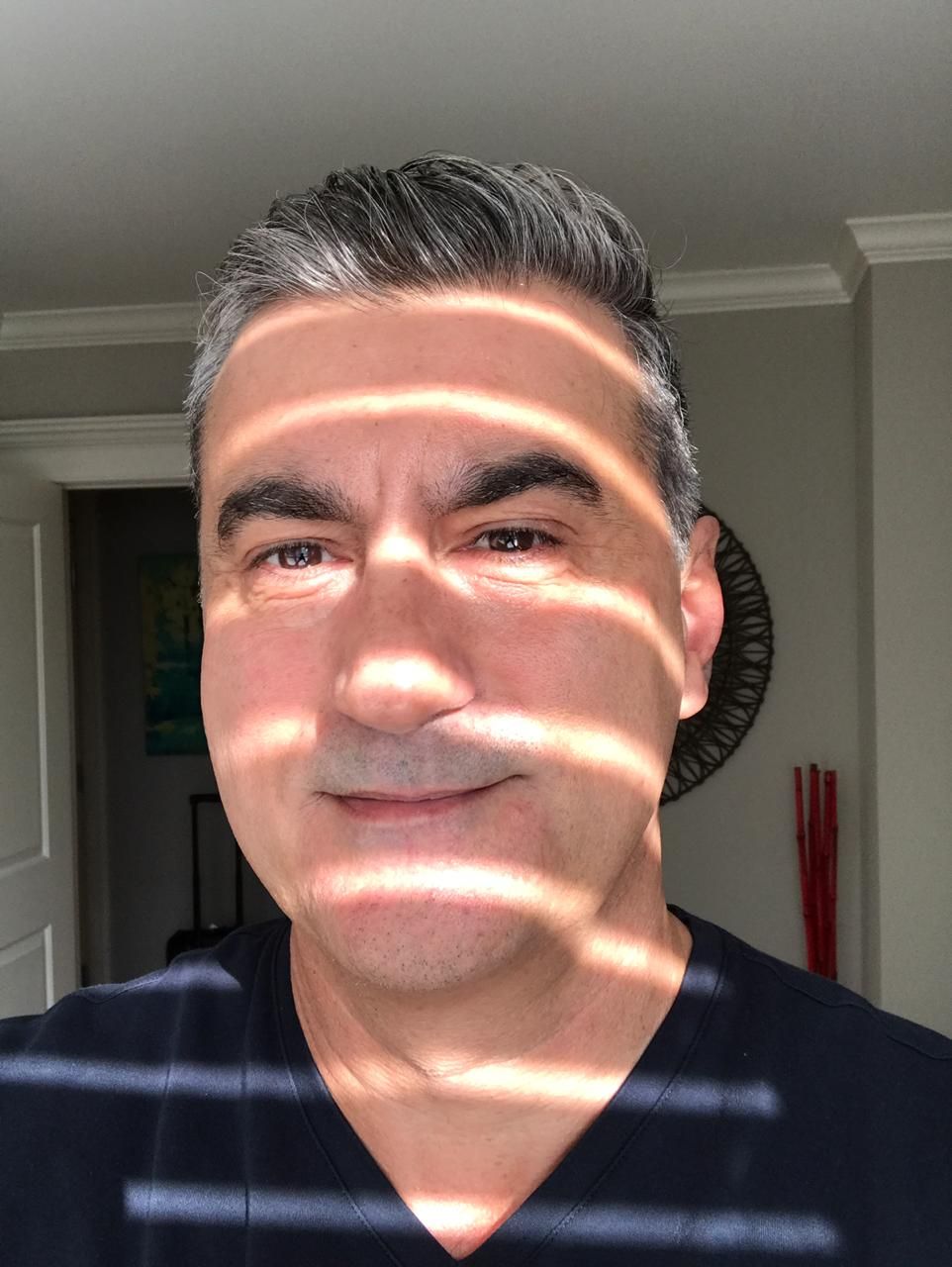By JOSÉ PINTO DE SÁ
Translated by JETHRO SOUTAR
Papá announced, “Maria, I’m going to war,” and stubbed his cigarette out in the ashtray. Mamã, clearing the table, gave her usual start. She stood stranded in the kitchen doorway, a dirty plate in each hand.
Going to war meant going out in the dead of night to David’s bar, playing hide-and-seek with military patrols. Our lot’s supporters gathered there after hours, drank a few beers, exchanged questionable information and reliable rumors. It had been the same every night for the last three weeks, since their lot retook the city.
After dinner, Papá would say, “Maria, I’m going to war,” and Mamã would give a start, try to talk him out of it, remind him of martial law and the curfew.
Then, out of desperation, she’d say, “At least wait for the shooting to die down.”










